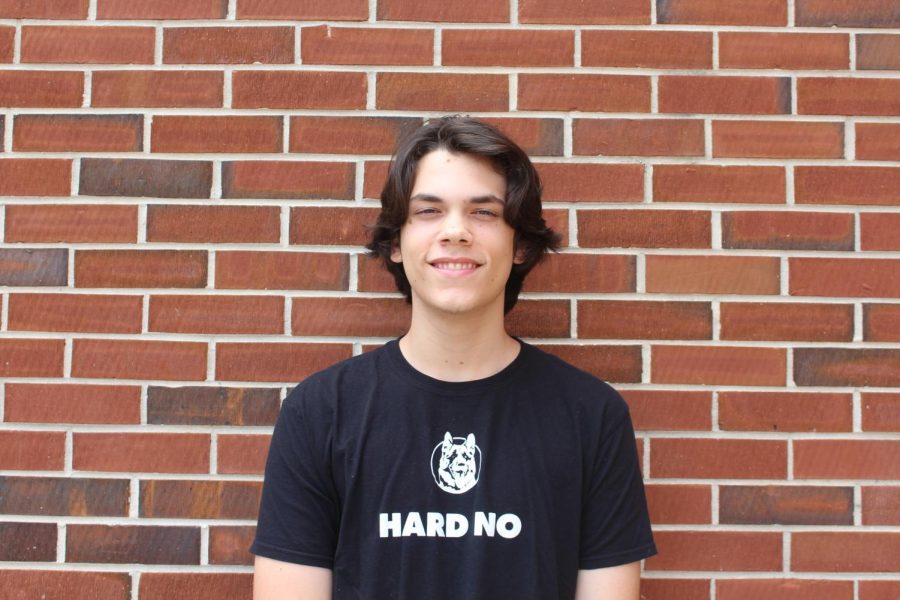A False Hope: why the new Star Wars films continue to disappoint
January 31, 2020
Star Wars, a franchise that influenced generations of popular culture, suffers in the modern age. The franchise lacks the entertainment value and clear writing present in the six originally planned films. While the prequel trilogy did not stand up to the titan of cinema of the original trilogy, it still offered an interesting and well thought out look into the Star Wars universe that people working in modern Star Wars (namely writer-director JJ Abrams) fail to provide.
The Force Awakens stands out as the best of modern Star Wars, despite it making no attempt to do anything revolutionary: it shamelessly rehashes elements from A New Hope while also undercutting the original trilogy’s ending by showing that the Rebellion did not truly win in the end. The main protagonist, Rey, fails to appeal to viewers due to her seeming inability to lose, as not once throughout the sequel trilogy did Rey ever come across a conflict that she could not overcome (except for her brief and meaningless death in Rise of Skywalker). The Force Awakens also introduced fan favorites Poe and Finn, who ended up poorly handled and misused throughout the following films.
“I believe Rey could have been a great character if Disney as a whole was not extremely ignorant and manipulative. They thought, ‘look we included a woman and a black person, we’re done right? We don’t have to give them character right? Little girls will like Rey, right?’ Finn would have been so much better as a character if Disney actually had the guts to focus on him. The main cast, Rey, Finn and Poe, would’ve been better in general if Disney had allowed them to be together as a group, NC sophomore Darren Godfrey said.
Besides misusing its own characters, the sequel trilogy abuses the legacy of the original cast and characters. To understand this, one needs only to look at Luke Skywalker: his first appearance showed him as a whiny farmboy with hope for the future. This hope carries him through the trials and tribulations of the trilogy and sees him blossom into a strong capable Jedi by Return of the Jedi’s end; meanwhile, on the other side of the spectrum, the sequels present him as a nihilistic buffoon full of an uncharacteristic fear of the dark side, entirely disregarding his original character arc.
“Every character we come to love is treated poorly and then killed. Han Solo is no longer an expert pilot, he can be upstaged by someone who’s never flown before, and then his son murders him. Leia loses all self-determination and yet somehow knows the force well enough despite never training. And poor Luke. A character who learnt the lessons of compassion, resolve, and hope during his story is written to forget all three of these, becomes a hollow shell who wants to destroy the Jedi Order and die. And then outside of the cast, the inclusion of the Holdo Maneuver and Palpatine coming back from the dead ruin what remains of the original trilogy’s writing”, NC senior Jimmy Bouban.
The new series also suffers from an extreme level of fan pandering, one that harms the actual story and angers fans far more than it appeases them. Rey’s strange choice to take the Skywalker name for her own at the end of Rise of Skywalker stands out as a prime example of this. While viewers may understand the significance of this due to their knowledge of prior films, it makes no sense in context. It also manages to destroy one of the sequel’s major themes (that anyone can become a hero no matter their background) by tying the girl from nowhere Rey to a strong and powerful background (which also occurs when she learns that she descends from the series big bad, Palpatine).
The name Skywalker in the world of Star Wars became tied to a hero, yes, but also the second most villainous and genocidal maniac in the Star Wars universe, Anakin Skywalker: second only to Kylo Ren, who she inexplicably ends up falling in love with. The name’s association with heroes does not serve as enough of a reason for Rey to take the name. Using her relationship with Luke loses all ground when the viewer realizes she spent only a handful of days with him, most of which he actively avoiding or reprimanding her. That only leaves Leia, who actually does possess a strong bond with Rey. The final problem arises when viewers remember her birth name: Leia Organa, not Skywalker. So if Rey took on this name for familiar reasons, why not call herself Rey Organa? Poorly thought out writing such as this presents itself throughout each and every one of these films.
Another example of this exists within the Last Jedi where Poe believes he must perform a coup against Resistance leader General Holdo in order to lead the surviving members to safety; the fact that Leia and Holdo made a plan to escape the First Order (one that they, for whatever reason, hid from everyone else until the end of the second act) renders this act pointless.
In the end, modern Star Wars leaves its viewers with much to desire. It struggles with poor writing and misused characters, as well as fan pandering and lack of direction. Luckily the future of Star Wars looks bright with the recent success of Disney Plus’ The Mandalorian and other upcoming Star Wars projects. Hopefully, they can help repair the legacy of the Star Wars franchise that the new trilogy harmed so ungraciously.




